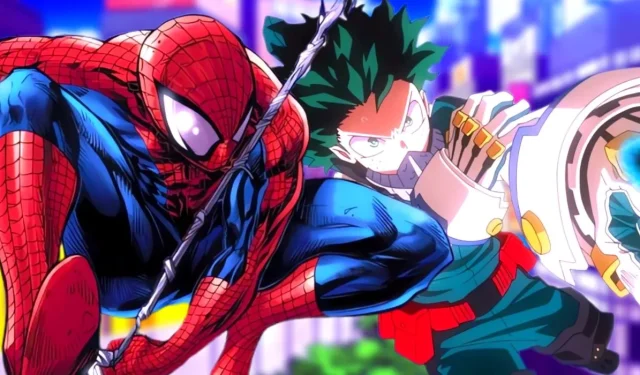
Spider-Man has established himself as a beloved figure that crosses cultural and geographical boundaries. His popularity in Japan began with the release of Spider-Man: The Manga back in 1970, and more than five decades later, he continues to resonate with audiences in diverse formats. The release of Spider-Man: Octo-Girl, a fresh manga series, shows a delightful and meaningful connection to the acclaimed contemporary manga My Hero Academia.
In this new installment, authored by Hideyuki Furuhashi and illustrated by Betten Court, the story takes an unexpected twist: Doctor Octopus finds himself in a most unlikely situation—inhabiting the body of a Japanese schoolgirl. As Otto Octavius slips into a coma, he must navigate life as Otoha Okutamiya while grappling for control against her consciousness.
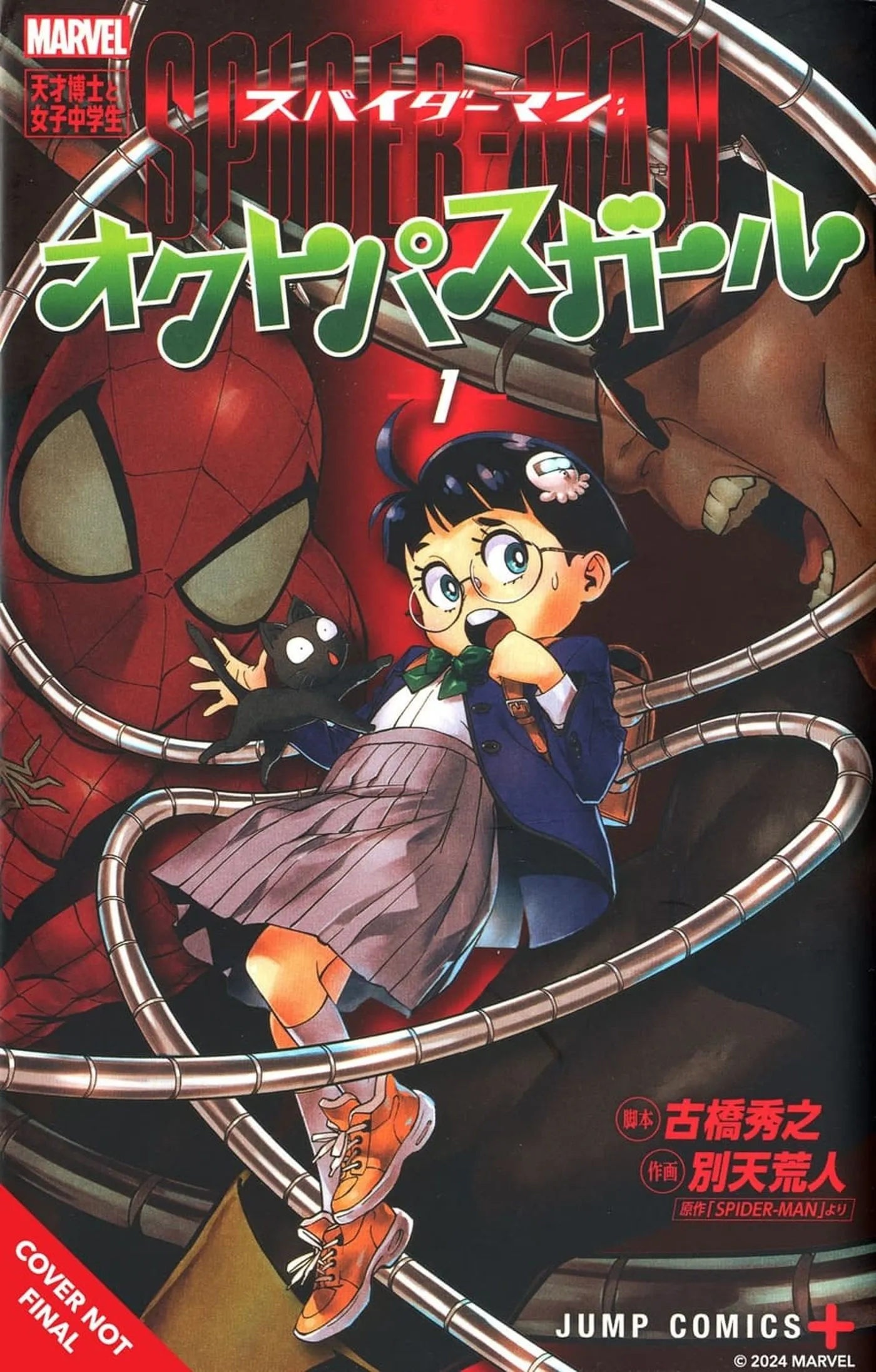
Fans of My Hero Academia may recognize the creators behind this series, as they are the talented duo responsible for the spin-off series My Hero Academia: Vigilantes. Remarkably, this isn’t the only shared characteristic between the beloved universes of My Hero Academia and Spider-Man.
Creative Team Connections: Spider-Man: Octo-Girl and Vigilantes
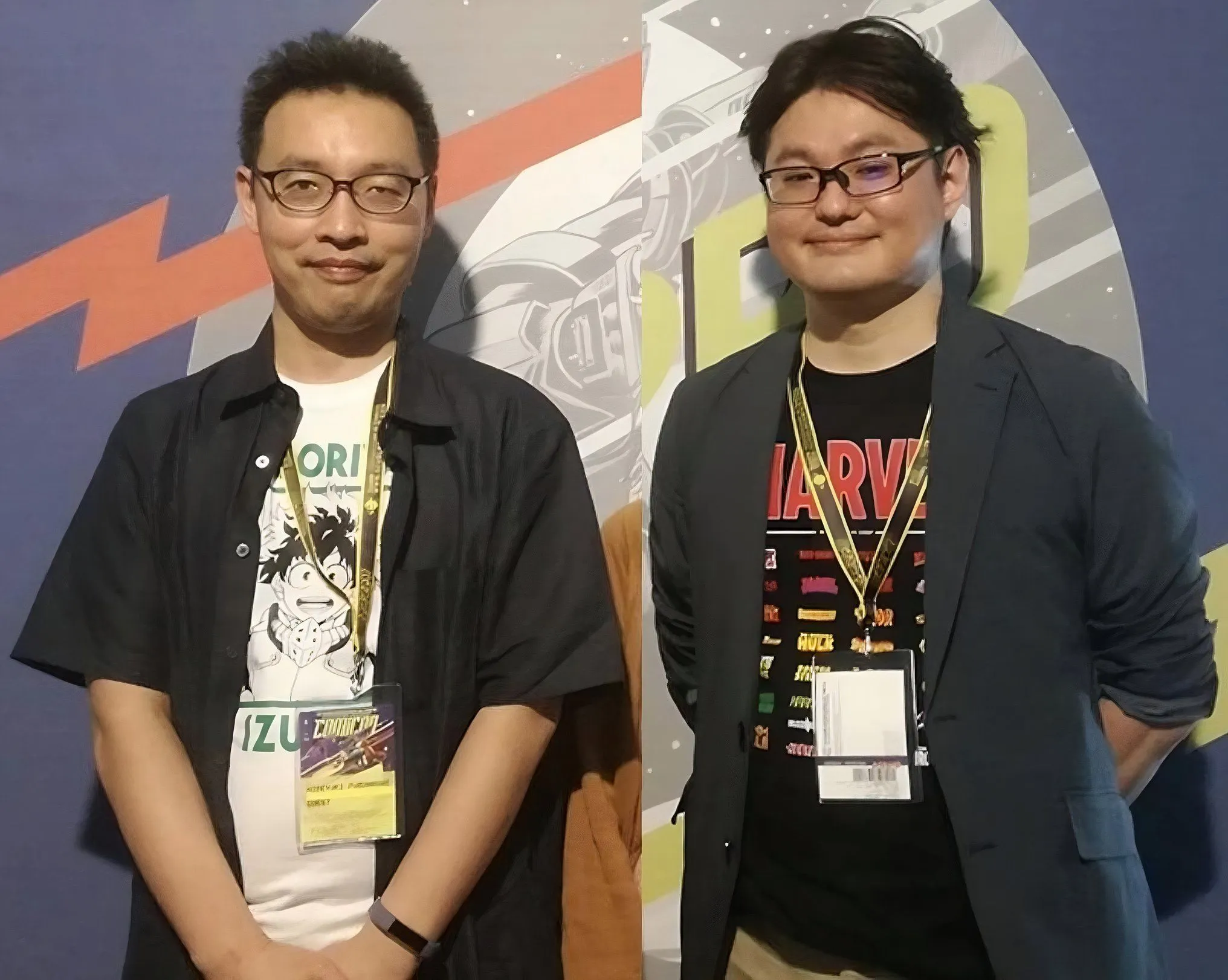
Following the massive success of My Hero Academia, the narrative in My Hero Academia: Vigilantes revolves around Koichi Haimawari, an unlicensed hero utilizing his Quirk for altruistic purposes. This spin-off has been well-received by fans, who appreciate its heartwarming approach despite being a more laid-back complement to the main series. After a successful run of 126 issues, the prequel concluded in May 2022, leaving followers eager for new content from the dynamic duo of Furuhashi and Court. Their return with Spider-Man: Octo-Girl comes as a welcome surprise just two years later.
The tone of this Marvel series, published by Viz Media, is instantly recognizable to those familiar with the My Hero Academia aesthetic. Court’s artwork mirrors Kohei Horikoshi’s iconic style, which can be seen throughout Spider-Man: Octo-Girl. Traits reminiscent of characters like Uraraka, Himiko Toga, and Tsuyu Asui often surface within Doc Ock’s new portrayal. Furuhashi also delivers a potent narrative, infused with characteristic bickering between Okutamiya and Otto, paralleling the dynamic relationship found between Deku and Bakugo.
The Inspiration Behind My Hero Academia
A Shared History of Inspiration
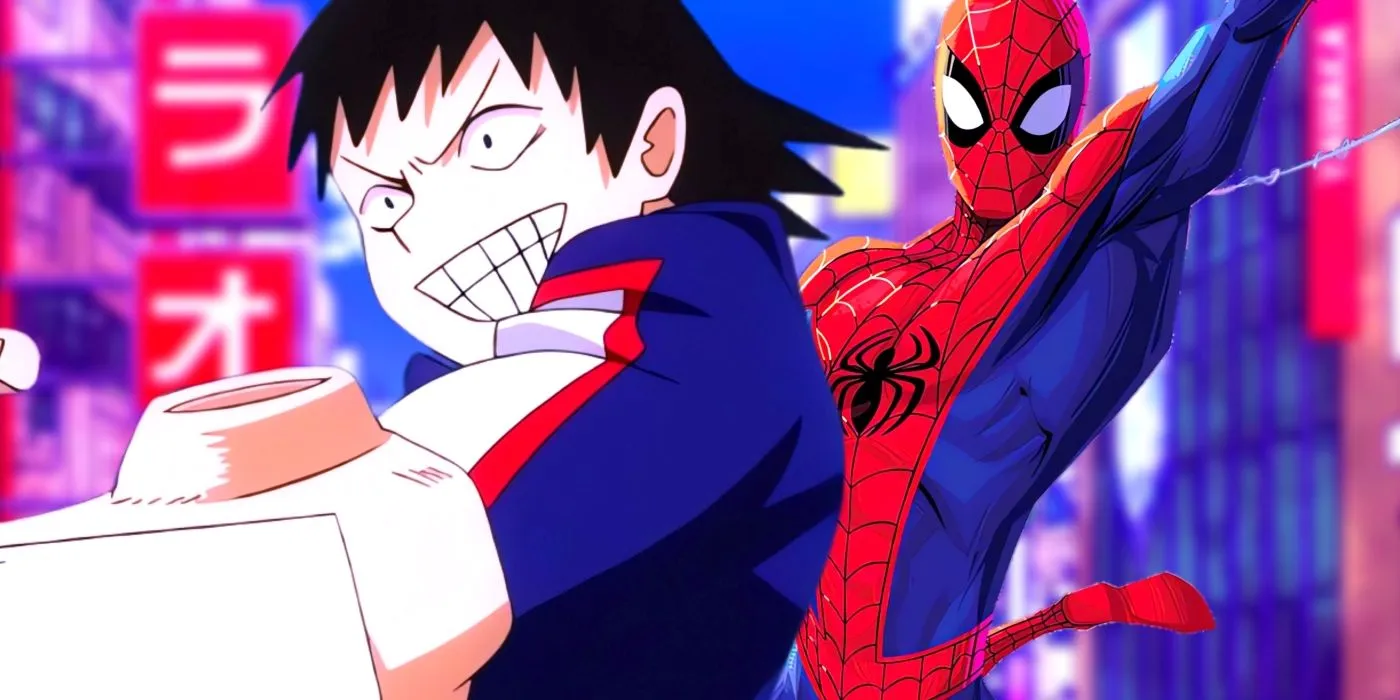
It is hardly surprising that Spider-Man and My Hero Academia have established significant connections over the years. Spider-Man has been a prominent character in Japan since the debut of Spider-Man: The Manga by Kosei Ono and Kazumasa Hirai. This comic paved the way for Spider-Man’s continued influence in Japanese pop culture.
Furthermore, the worldwide impact of Spider-Man surged when Stan Lee collaborated with the Toei Company to produce a live-action series that featured giant robots, an idea that would later influence notable franchises including Super Sentai and Transformers. The enduring popularity of Spider-Man continues to foster inspiration in various media across Japan.
During an interview with ComicBook after concluding My Hero Academia, creator Kohei Horikoshi reflected on notable influences, citing the iconic runaway train scene from Sam Raimi’s Spider-Man 2 as a pivotal moment that shaped his characterization of heroes: ordinary individuals who assist one another amidst chaos. Horikoshi remarked:
‘What is a hero?’ A hero is a person who helps ordinary people, and ordinary people who help them in turn. I think this is the answer to the question, and there is nothing more to it than that.
Now, over twenty years since the film’s release, Spider-Man and Doc Ock remain intertwined with Furuhashi and Court, who have effectively captured the essence of heroism in their latest work.
Spider-Man: A Role Model Across Cultures
Stan Lee’s Vision: “Anyone Can Wear the Mask”
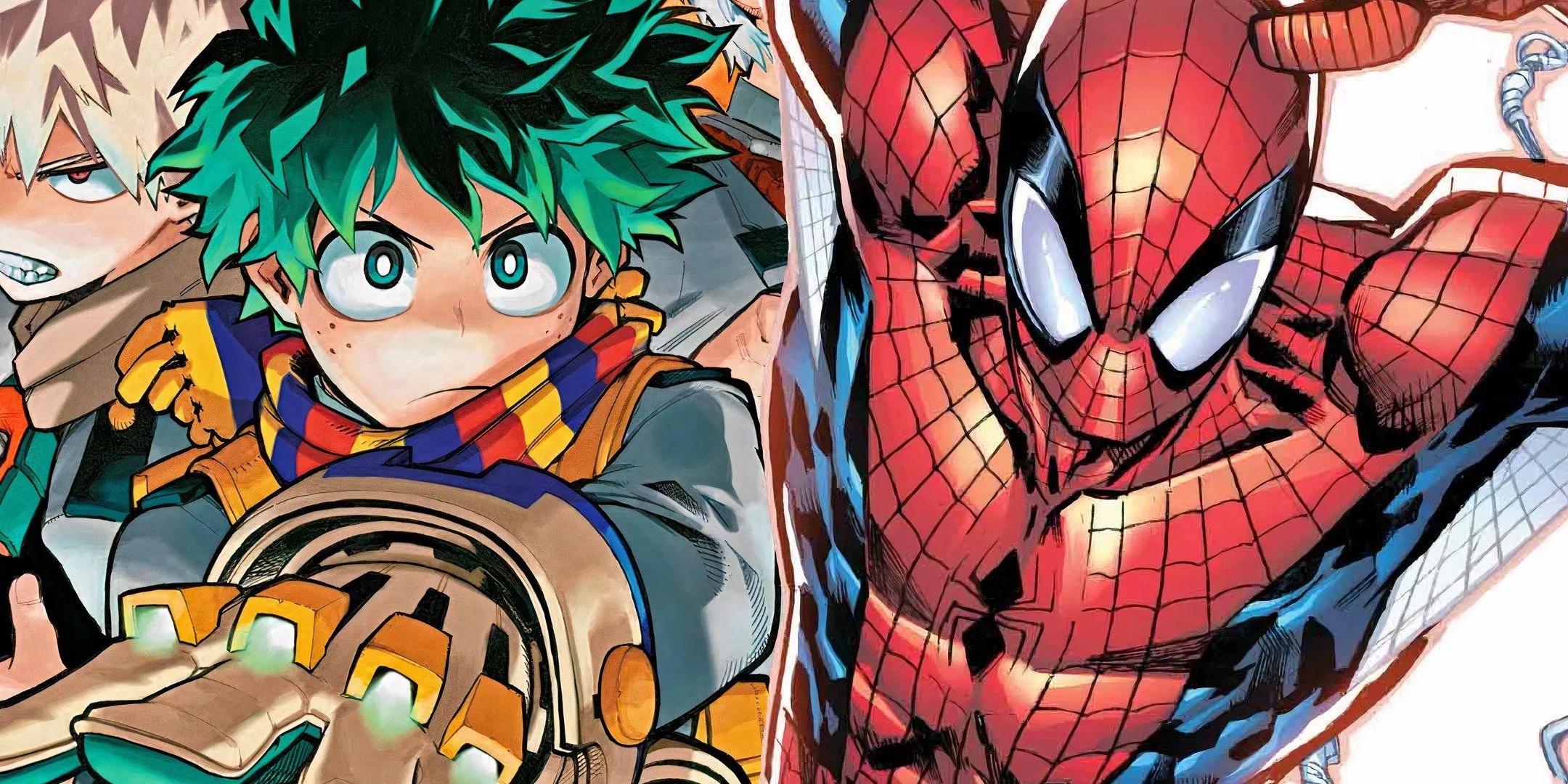
For enthusiastic fans, the ties between these two franchises run even deeper. Leading up to the release of the MCU’s Infinity War, both Marvel Studios and My Hero Academia engaged in a “Special Hero Collaboration.”This initiative celebrated the simultaneous release of the film and the third season of the anime, featuring a unique poster by Horikoshi that recreated the iconic Marvel Infinity War poster using characters from My Hero Academia. Interestingly, Kenta Miyake, All-Might’s Japanese voice actor, lent his voice to Thor in the Japanese dub of Infinity War.
The connection between Spider-Man: Octo-Girl and My Hero Academia transcends mere playful references; it encapsulates a longstanding legacy. The immense popularity of Spider-Man in Japan not only inspired the creation of My Hero Academia but also culminates in the birth of Spider-Man: Octo-Girl. This collaboration represents a circular journey transporting Spider-Man through time and culture. As Stan Lee profoundly stated, “anyone can wear the mask.”His ethos resonates with audiences, as people envision Spider-Man as a relatable friend or neighbor—a sentiment strongly echoed in My Hero Academia, Vigilantes, and, of course, Spider-Man: Octo-Girl, which is available now from Viz Media.
Source: ComicBook




Leave a Reply